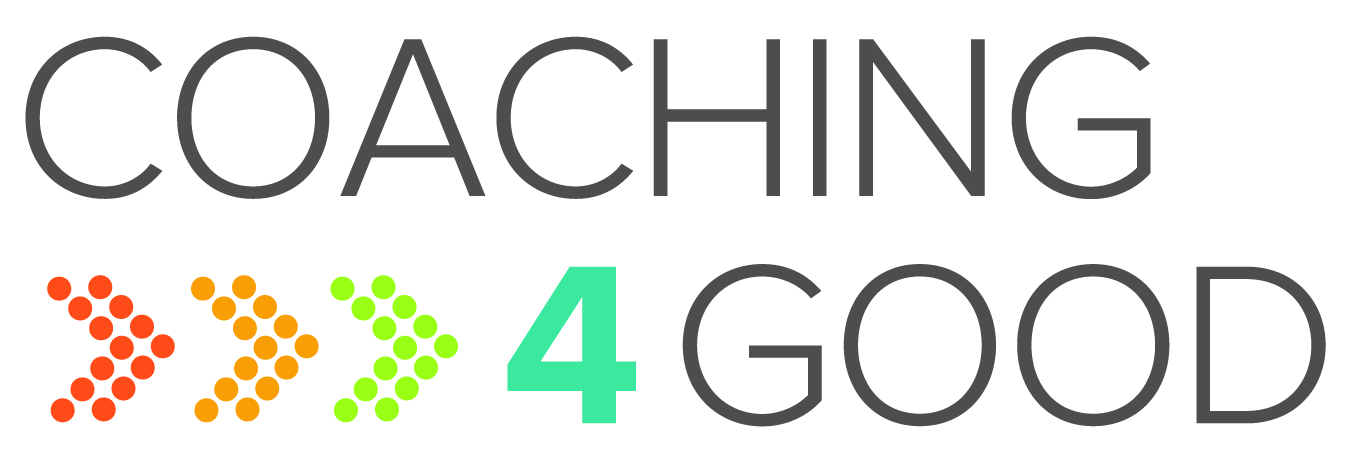
There is a lot of inner work we have done together to understand internal barriers, roadblocks, etc. The inner work we did will make for a great future blog, but this blog focuses on some of the tactical work we did after addressing the inner work. One of the items we discussed was the number of projects and tasks he was working on. He had 10 substantial projects on his plate and kept a to-do list that fluctuated between 40 and 100 tasks. A few more questions revealed the following:
- He attended meetings for 50% of his day, including two hours per week of one-on-one calls with his boss.
- In these one-on-one meetings he was routinely was asked to pull some sales figures or put together a presentation on a topic.
- Outside of meetings he often had “fires” to put out on his projects.
- He receives 50 – 100 emails per day, 30% of which require action.
Do you see where this is heading?
My client was clearly an indispensable part of his team – he knew how to get all the answers and he was managing many of the big projects. When questions arose, people naturally went to him. But all these tasks piled up and he quickly built quite a backlog. By Wednesday each week, he would have 100 unread emails waiting for him and people clamoring for when they could get information from him. Even his boss was often asking where her requests were at and would get upset if he was late with important ones.
Different management styles
We discussed his boss’ management style:
- His boss looked at him and his team as “order takers” – there to get her any information she needed and take on the new projects she determined were important. Her tasks were mostly reactionary to questions she received from her management or peers.
- His personal style was to keep his team focused by moving non-urgent, but important projects forward while he took on the ad hoc requests and tasks that weren’t aligned to his projects.
My client came to two conclusions: 1) his boss had to be made aware of the inefficiency that was occurring and why and 2) he needed to make choices about what tasks to accept and when it was appropriate to push back and communicate those choices clearly.
Focus on the essential
He developed an exercise that would address both of these areas and work with his boss’ management style. Here’s the essence of his plan:
- Email his boss on Monday morning or Friday afternoon the 5 areas he is focusing on the upcoming week. Ideally, communicating exactly what he will try to deliver. This lets his boss see when he is focusing on items that aren’t priorities.
- List the other important requests on his plate that he isn’t going to work on. This helps his boss defend a slower turnaround time to those internal team member who submitted requests.
- At the end of the week, report back on what he accomplished. If something didn’t get delivered, state why. If he accomplished other things, he wrote them down. Most importantly, if distractions got in the way, he listed those out.
This plan take some time, however, the time he gets back far exceeds it. Here are the benefits he now sees and you can receive from a similar plan that matches your boss’ management style:
- Your boss goes to bat for you, telling others that you can’t work on other things right now.
- Your boss realizes how valuable your time is and shows restraint in assigning you more tasks.
- Your boss sees your contribution and how valuable & productive you are.
- You get to see what you are spending your time on. Are your accomplishments going to get you a promotion?
- You can clearly explain your priorities to others and let them know why you aren’t able to help them as soon as they would like.
- You will have fewer items on your plate which lets you focus on a few and do a better job at them.
Better communication with your manager, more focus on your current tasks, working on high priority and visible tasks will get noticed in a positive way.

Michelle Poole
Michelle Poole is a dynamic certified executive coach and co-owner of Coaching 4 Good. She is passionate about re-invigorating the hearts and minds of those she works with to help increase their personal and organizational impact. Get started today by scheduling your free consultation!








Stay In Touch